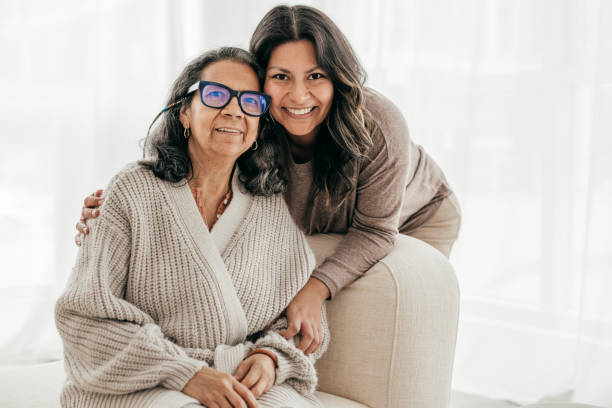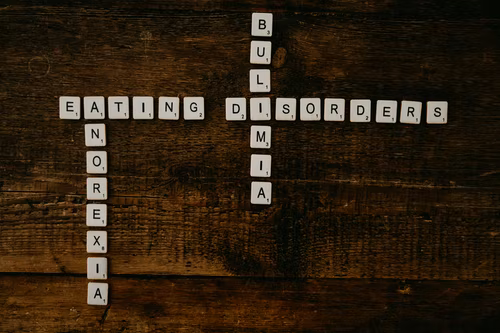Finding solace in memories: Coping with the loss of a loved one
Coping strategies for loss
Dealing with the loss of a loved one is one of the most difficult experiences anyone can face. It can be overwhelming and leave you feeling lost and alone. However, it's important to remember that you are not alone in your grief. There are coping strategies that can help you find solace in your memories and begin the healing process.
One of the most important coping strategies for loss is to allow yourself to grieve. It's okay to feel sad, angry, or even guilty. These emotions are a natural part of the grieving process. Give yourself permission to experience them and don't try to suppress or ignore them. Instead, find healthy ways to express and process your emotions, such as talking to a trusted friend or family member, keeping a journal, or seeking professional counseling.
Another coping strategy is to honor the memory of your loved one. This can be done in a variety of ways, depending on what feels meaningful to you. You might consider creating a memory box or scrapbook, planting a tree or garden in their honor, or participating in a charity event or organization that was important to them. By finding tangible ways to remember and honor your loved one, you can keep their memory alive and find comfort in the connection you shared.
Dealing with bereavement
Bereavement is a unique and individual experience. Each person copes with loss in their own way and at their own pace. It's important to give yourself permission to grieve and to allow yourself the time and space you need to heal.
One helpful way to deal with bereavement is to seek support from others. Grief can feel isolating, but connecting with others who have experienced similar loss can provide comfort and validation. Consider joining a support group, either in person or online, where you can share your feelings and experiences with others who understand. You may also find solace in talking to friends, family members, or religious leaders who can offer support and guidance.
Taking care of yourself is another important aspect of dealing with bereavement. Grief can take a toll on both your physical and emotional well-being, so it's crucial to prioritize self-care. Make sure you're getting enough sleep, eating nourishing foods, and engaging in activities that bring you joy and relaxation. Engaging in regular exercise can also be helpful in managing stress and improving mood.
Healing after loss
Healing after the loss of a loved one is a gradual and ongoing process. It's important to understand that healing does not mean forgetting or moving on from the person you've lost; rather, it's about learning to live with their absence and finding ways to incorporate their memory into your life.

One way to heal after loss is to engage in activities that bring you a sense of peace and comfort. This could be anything from taking walks in nature, practicing mindfulness or meditation, or engaging in creative activities such as painting or writing. Finding moments of stillness and finding solace in the present moment can help you navigate through the pain and eventually find peace.
Another important aspect of healing is allowing yourself to experience joy and happiness again. It's common to feel guilty about finding joy after a loss, but it's important to remember that your loved one would want you to be happy. Allow yourself to engage in activities that bring you joy and surround yourself with the people who lift you up. It's okay to laugh, to find moments of happiness, and to live a fulfilling life, even in the midst of grief.
Grieving process support
The grieving process is unique to each individual, and there is no “right” or “wrong” way to grieve. However, it can be helpful to have support and guidance along the way. There are a variety of resources available to help you navigate the grieving process and find the support you need.
One option for support is grief counseling or therapy. A trained therapist can provide a safe and supportive space for you to explore your emotions, process your grief, and develop healthy coping strategies. They can also offer guidance and support as you navigate through the various stages of grief.

Support groups can also be a valuable source of support during the grieving process. Connecting with others who have experienced similar loss can provide comfort, validation, and a sense of community. Many support groups are available both in person and online, making it easier to find a group that fits your needs and preferences.
Finally, don't underestimate the power of leaning on your existing support network. Friends, family members, and loved ones can offer a listening ear, a shoulder to cry on, and a source of comfort and understanding. Don't be afraid to reach out for support when you need it, and don't hesitate to ask for help when you need it.
In conclusion, coping with the loss of a loved one is a deeply personal journey, and there is no “one size fits all” approach. It's important to give yourself permission to grieve, to seek support from others, and to take care of yourself throughout the process. By finding solace in your memories, honoring the memory of your loved one, and allowing yourself to heal, you can gradually find peace and move forward in your own time and in your own way.





